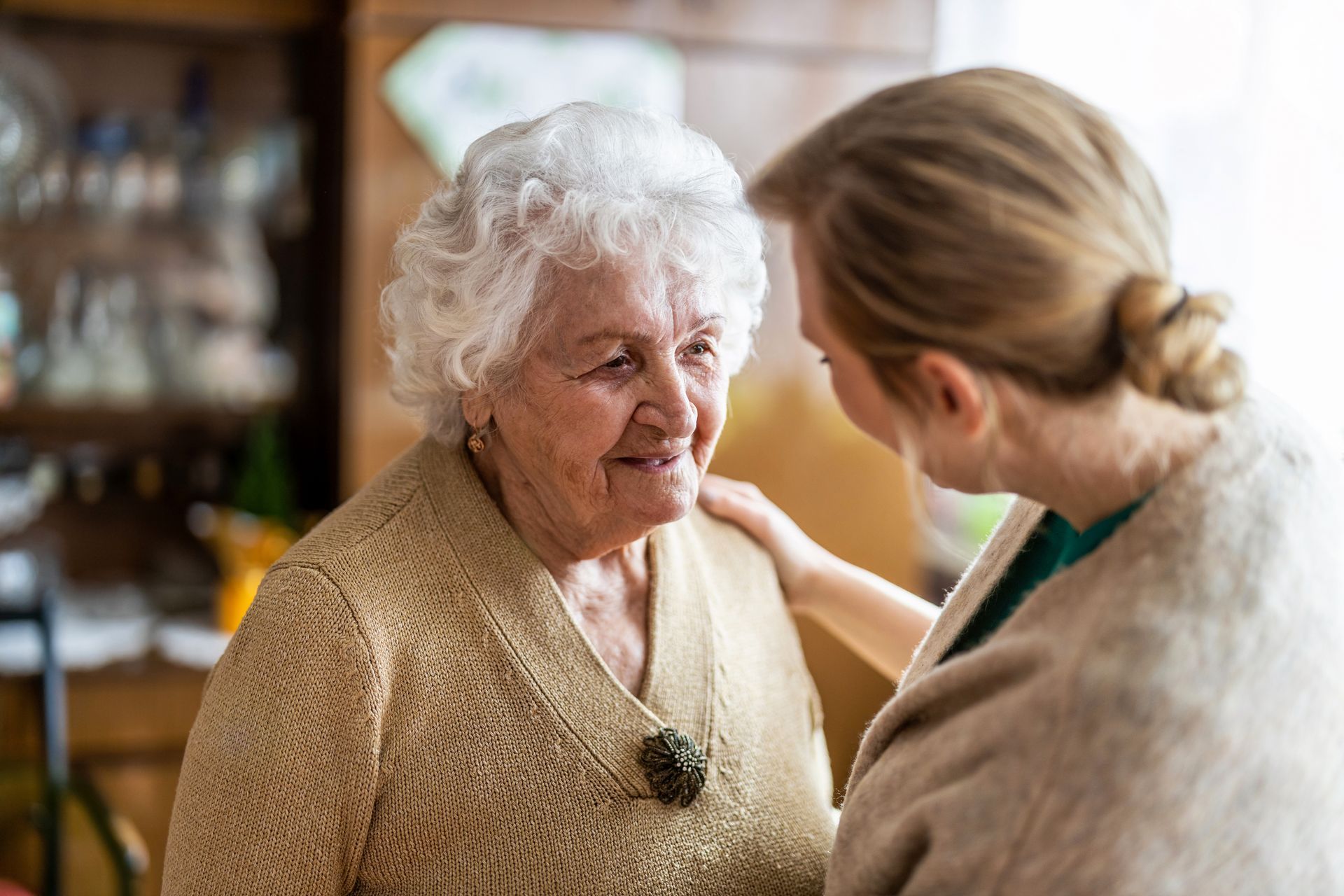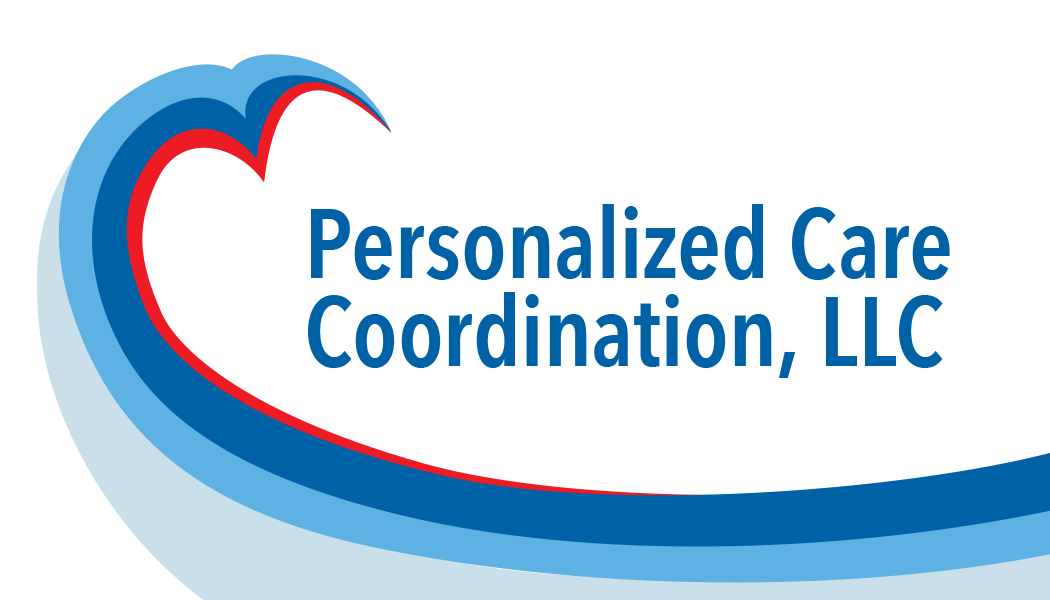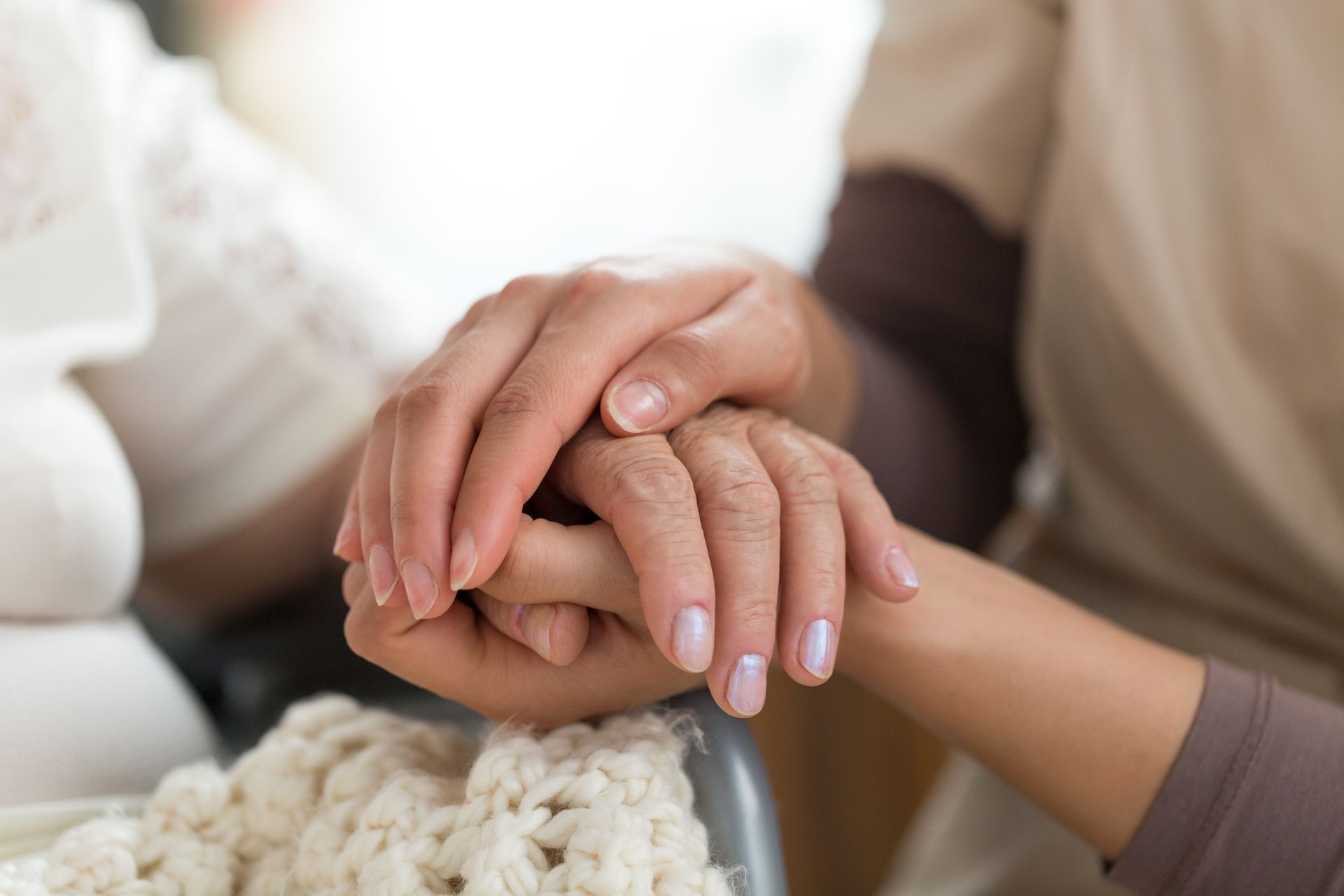6 Tips for Finding Professional Elderly Care
October 10, 2022
If you are like most people, finding professional elderly care is probably not something that you have experience with. It can be a daunting task, but it doesn't have to be.
Here are 6 tips for finding the best possible care for your loved one. We'll also provide some resources to help you get started. So, whether you are looking for yourself or a loved one, read on for the best advice!
Talk to Your Loved One’s Doctor
This is probably the best place to start. The doctor can provide you with guidance on what type of care your loved one needs. They can also give you referrals to reputable care facilities or home health agencies.
If you are looking for a home health agency, the National Association for Home Care & Hospice provides a directory of agencies.
If you are looking for a care facility, the National Consumer Voice for Quality Long-Term Care provides a searchable database of facilities.
The Administration on Aging also has an Eldercare Locator service that can help you find services in your area.
Finally, the Family Caregiver Alliance provides a range of resources, including a caregiver guide and a directory of support groups.
Do Your Research
Once you have some referrals, it's time to do your research. Make sure to read reviews and compare pricing. You should also visit the facility or meet with the home health agency in person. This will give you a chance to see the environment and meet the staff.
When you are visiting a facility, make sure to ask about the staff-to-patient ratio, the types of services offered, and the facility's policies on things like visitors and communication.
If you are meeting with a home health agency, make sure to ask about their caregivers. Find out what type of training they have received and how often they are supervised. You should also ask about the agency's policies on things like overtime and vacation.
Finally, make sure to ask about the cost of services. Find out if there are any hidden costs or extra fees.
Once you have done your research, you should be able to narrow down your choices to a few options.
Make a Decision
Once you have done your research and narrowed down your choices, it's time to make a decision. This is a big decision, so take your time. Consider all of the factors we've discussed in this blog post.
If you are still having trouble making a decision, talk to your loved one's doctor or another trusted advisor. They may be able to provide you with additional guidance.
Making the decision to put your loved one in a care facility is never easy. But, if you follow these tips, you can be sure that you are making the best decision for your loved one's needs.

Be Prepared for the Transition
Once you have made the decision to put your loved one in a care facility, it's important to be prepared for the transition. This can be a difficult time for both you and your loved one.
There are a few things you can do to make the transition easier.
- First, talk to your loved one about the decision. Explain why you are making this choice and what it means for their care.
- Next, visit the facility ahead of time. This will help your loved one feel more comfortable with the idea of moving to a new place.
- Finally, make sure to pack any personal items that will make your loved one's stay more comfortable.
Stay Involved
Just because your loved one is in a care facility does not mean that you are no longer responsible for their care. It's important to stay involved in their care and make sure that they are receiving the best possible care.
There are a few ways you can stay involved.
- First, make sure to visit often. This will help your loved one feel connected to you and will allow you to see how they are doing.
- Next, stay in communication with the staff. Make sure to ask questions and voice any concerns you have.
- Finally, make sure to attend care planning meetings. This is a great way to ensure that your loved one's needs are being met.

Advocate for Your Loved One
One of the most important things you can do for your loved one is to be their advocate. This means that you will need to speak up for them if you feel like they are not receiving the best possible care.
If you have concerns, make sure to voice them. You may also want to consider joining a caregiving support group. This is a great way to connect with other caregivers and get information and support.
Putting your loved one in a care facility is a big decision. But, if you follow these tips, you can be sure that you are making the best decision for your loved one's needs.
Personalized Care Coordination is advocating for you to assure your optimum health, quality of life and your continued independence. We are here to listen and work with you and your family to create a care plan that meets all of your needs. We look forward to meeting you!











